To not study the history of photography when you're trying to be a photographer is crazy
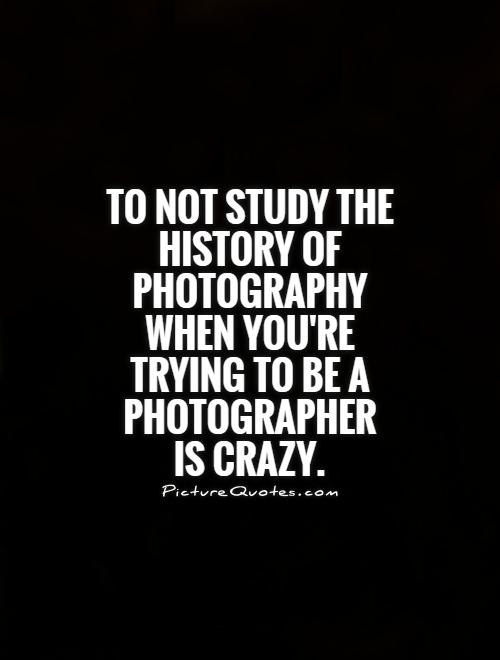
To not study the history of photography when you're trying to be a photographer is crazy
Photography is a powerful medium that has the ability to capture moments in time, evoke emotions, and tell stories without the need for words. It is a form of art that requires skill, creativity, and a deep understanding of the technical aspects of the craft. However, many aspiring photographers often overlook the importance of studying the history of photography in their pursuit of mastering the art form.“To not study the history of photography when you're trying to be a photographer is crazy” is a statement that holds a lot of truth. Understanding the evolution of photography, from its humble beginnings with the camera obscura to the digital age we live in today, can provide valuable insights into the techniques, styles, and trends that have shaped the medium over the years. By studying the work of pioneering photographers such as Ansel Adams, Dorothea Lange, and Henri Cartier-Bresson, aspiring photographers can gain inspiration and learn from the masters who have paved the way for future generations.
Furthermore, studying the history of photography can help photographers develop a critical eye and a deeper appreciation for the art form. By analyzing the work of past photographers, one can learn about composition, lighting, and storytelling techniques that have stood the test of time. This knowledge can then be applied to one's own work, helping to improve the quality and impact of their photographs.
In addition, studying the history of photography can also provide valuable context for understanding the social, cultural, and political implications of the medium. Photography has played a significant role in documenting historical events, shaping public opinion, and challenging societal norms. By learning about the impact of photography on society, aspiring photographers can gain a greater understanding of their role as visual storytellers and the power they hold in shaping narratives and influencing change.
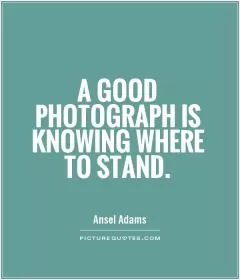
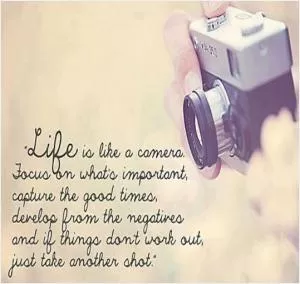
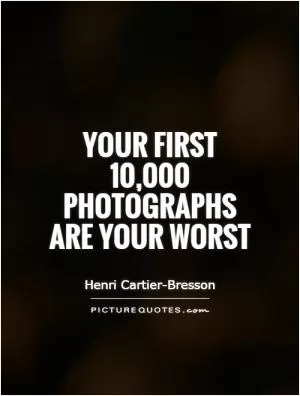
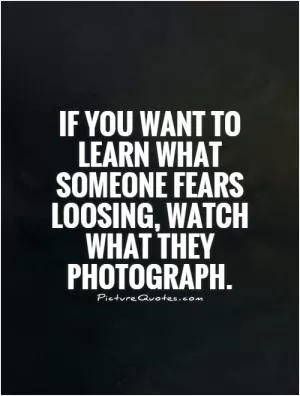

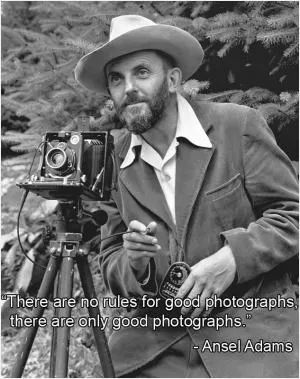
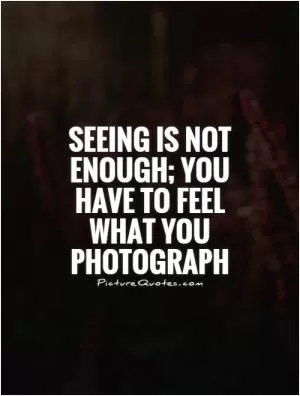
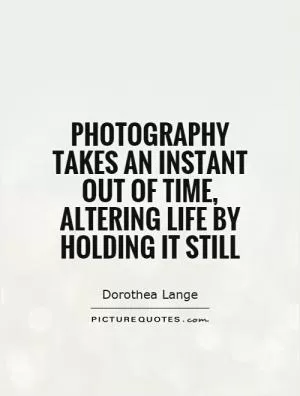
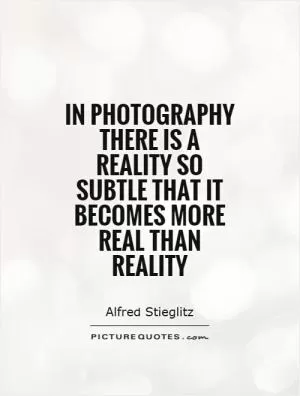
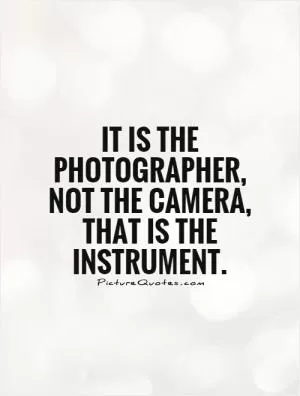
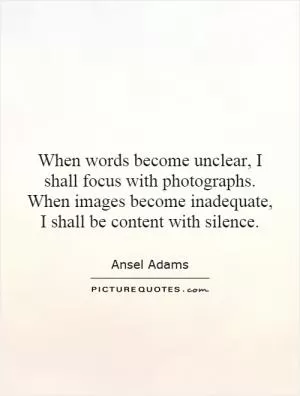
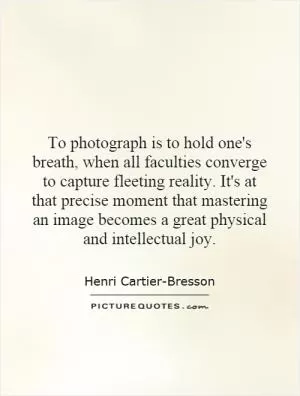
 Friendship Quotes
Friendship Quotes Love Quotes
Love Quotes Life Quotes
Life Quotes Funny Quotes
Funny Quotes Motivational Quotes
Motivational Quotes Inspirational Quotes
Inspirational Quotes